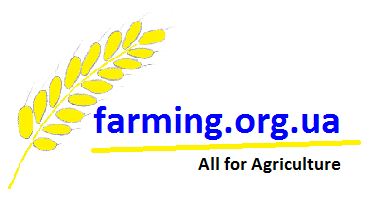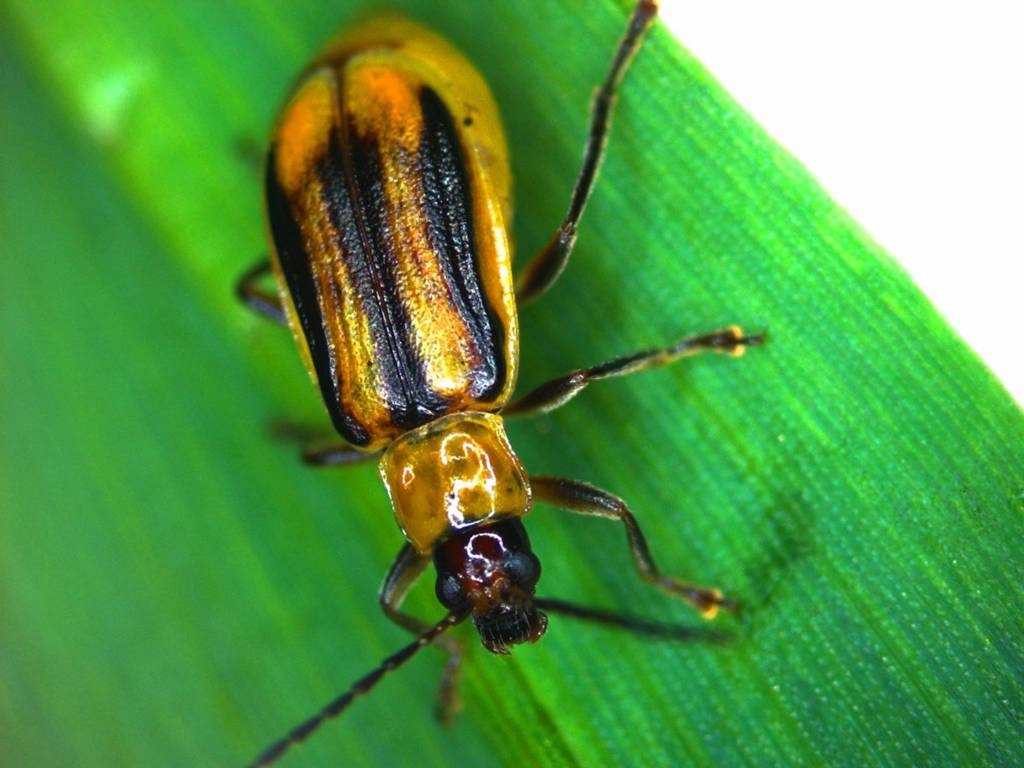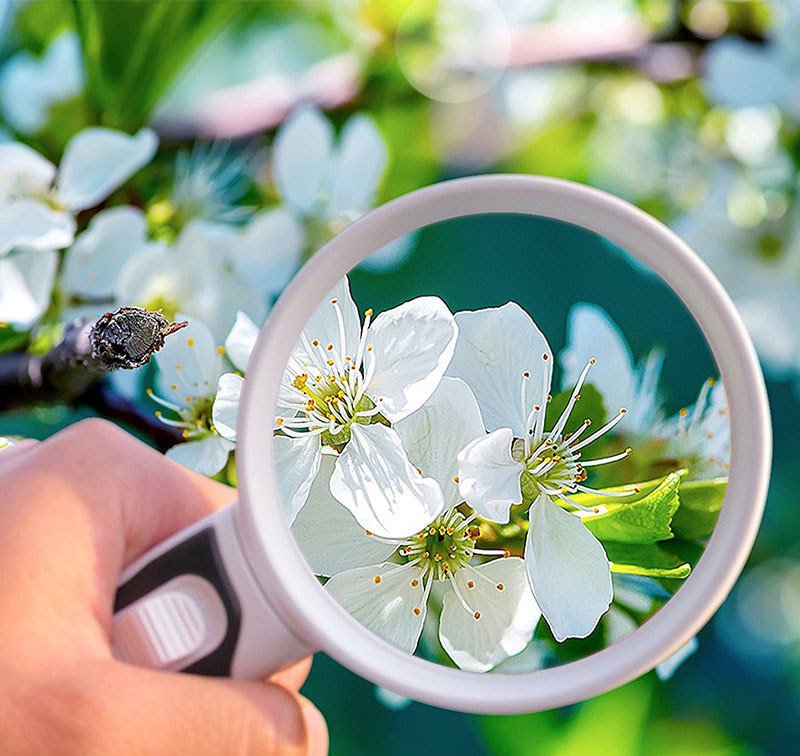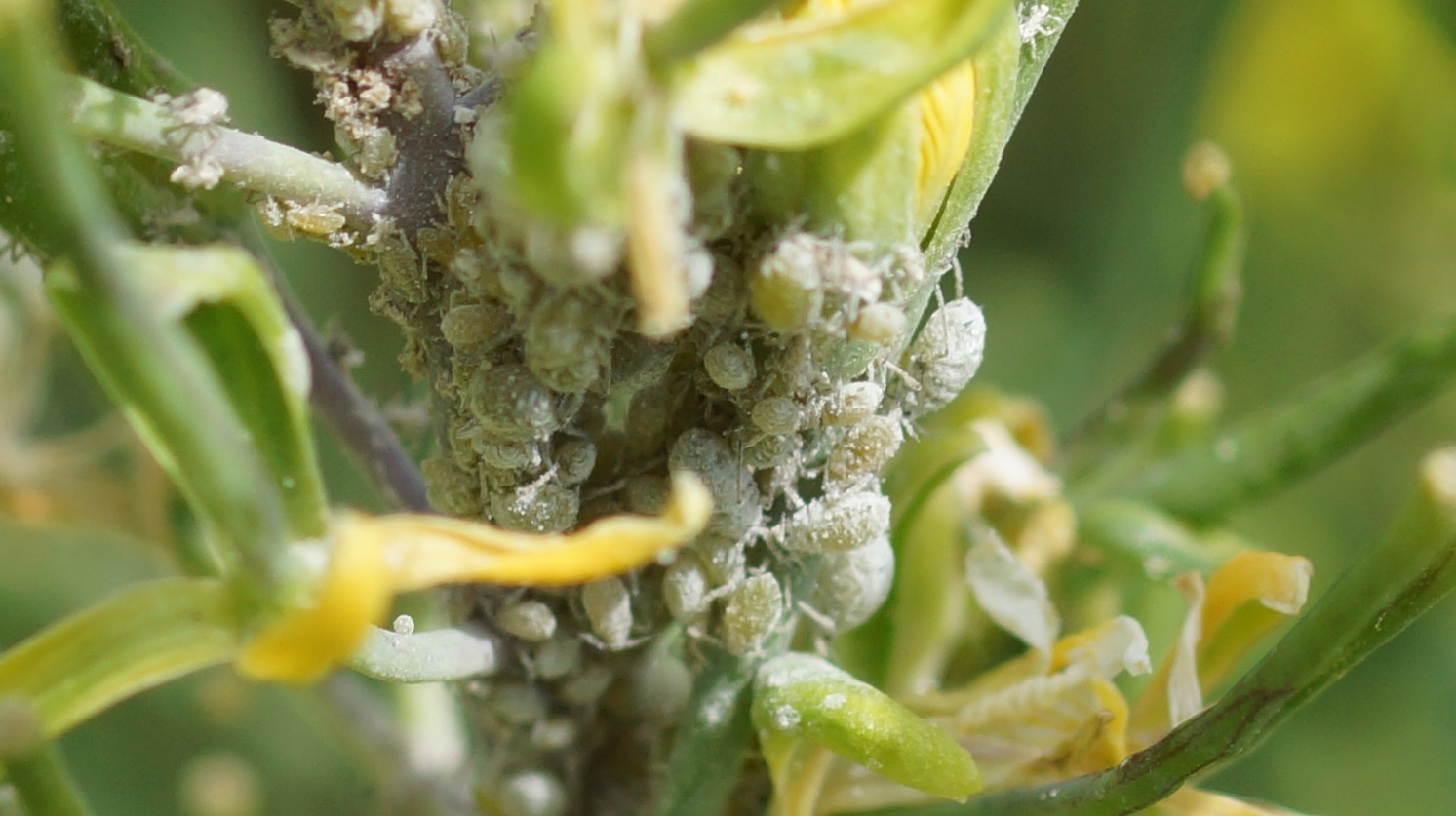|
|
|
 Agricultural Consulting Service УкраїнськаКазахстан, Узбекистан, Азербайджан, ГрузияHome About Us Success Stories - Our Completed ProjectsOur competitive advantages Trainings for AgronomistsTechnical audit and Due Diligence of companies and businessProjects ManagementWhy investments in agricultural business is profitable Policy of ConfidentialityOur publications
Publisert: 12.06.2022 | Oppdatert: 28.04.2025
Audit, check, monitoring of a condition of crops and fields, stocks, inventory, forecasts of crops productivity and yield, agronomy advice and consultations
Many must have come across the fact that an agricultural enterprise or an agricultural holding company (or a branch of an agricultural holding) declares one thing, but the actual situation turns out to be quite different, not the one that is declared. For example - for several years there has been no profit, or the harvest is low, or the pests have eaten crops, or something else ...This can be caused either by deliberate concealment of the facts or the theft of material resources or crops, or it can be management errors caused by ignorance of how to properly made the agricultural business.And that, and the other in its influence, is equivalent and leads to a significant losses of profit or its complete absence.Independent audits and monitoring allow to determine the real situation, i.e., you can identify what is in reality - it is possible to monitor the situation with your investments, business or pledged property.Also, the management and owners of the agrarian business or investors do not always have enough time to personally supervise all parts of the agrarian enterprise. You can not be at all points at the same time. And interested (dependent) persons may hide the real situation or worsen it because of ignorance.Therefore, we, as independent experts, offer our assistance in conducting various types of monitoring and audits in the agricultural business and agriculture - for investors and owners of enterprises, as well as for financial institutions and banks.
Please seePortfolioContact Us
Photo © Dr. Oleksii Orlov Plants in the field are not really plants on their own, but investments of big money, and in order not to lose this money, you need to ensure that everything is normal, that everything is done correctly and that the investment is well. For this, independent professional monitoring and supervision are needed
The most common types of monitoring (revisions) are:
© Syngenta To obtain reliable results, each field must be inspected no less than 10 times per season. Fields with crops susceptible to pests damage (rapeseed, soybean, sunflower, should be inspected every 2-3 days)Calendar of monitorings:July - October- monitoring of the harvest and preparation of the soil for the next year's crop, monitoring of the pledged grain at the grain terminals
September - November- assessment of winter crops and control of their condition, monitoring of pledged grain at the grain terminals
December - March- monitoring the state of winter crops, survival, monitoring of pledged grain at grain terminalsFebruary - March- assessment of the condition of winter crops after over wintering, monitoring of pledged grain at grain terminals
March - April- monitoring of spring field work and seeding, monitoring of pledged grain at grain terminals
April - August- monitoring of the state of crops, yield forecasting, monitoring of pledged grain at grain terminals
June - August- checking the readiness of the grain terminals for the acceptance of the new crop grain
Photo © Dr. Oleksii Orlov
What are the aims of the monitoring system:
Photo © Dr. Oleksii Orlov
Monitoring of crops allows to solve the following tasks:
Phytosanitary monitoring of cropsThe purpose of phytosanitary monitoring of crops, is to obtain additional profits and prevent losses from various pests (weeds, pests, diseases), which agronomists often do not notice due to ignorance and other reasons.Phytosanitary monitoring provides an opportunity to predict and control the development and spread of diseases and pests, to determine their numbers and possible control actions. During phytosanitary monitoring, entomological, herbological and phytopathological studies are conducted.Entomological studies - the detection of pests in crops, the determination of their developmental stages and the number of pests, the provision of recommendations for the protection of cultural plants from pests.Herbiological studies - determining the species composition of weeds and their number in crops, providing recommendations for the protection of cultural plants from weeds.Phytopathological studies - detection of diseases in crops, determination of their stages and level of damage, providing recommendations for the protection of cultural plants from diseasesPhytosanitary monitoring is planned in advance - so that timely measures can be taken to control pests, diseases and weeds. On the timing of these monitoring, it is best to consult with experts in advance.
Photo © Dr. Oleksii Orlov
Examples of monitoring completed:2025-2020 - Many works around of Wold2020 - Survey of agricultural company fields, Chernihiv region, Ukraine. Preparation of an Expert Report.2020 - monitoring orchards and vegetables projects, Central Asia2019 - monitoring of agricultural company, Western Ukraine, Volyn Region (soils, crop production: rapeseed, wheat, sunflower, rye, barley, energy crops; animal husbandry: pigs, horses, goats; optimization of the use of plant protection products, fertilizers and agrochemistry). Getting a one-time additional profit of $ 50 thousand from optimizing the use and purchase of pesticides. In the case of the implementation of the complex of recommendations provided by us - obtaining annual additional profits, at least $ 360 thousand2018 - plant growing monitoring, agricultural holding company, Central Ukraine2018 - monitoring of crop production and seed production, phytosanitary monitoring (pests, weeds, diseases, mineral fertilizers application rates and levels), assessment of the quality of technological operations, determination of the quality of pesticides application, private farm, France2018 - technological and phytosanitary monitoring of chickpea, wheat, corn, GMO soybeans, sunflower and other crops, agricultural holding company, Central Ukraine2017 - Agricultural holding company, number 1 on the European continent for the production of sunflower, 135 thousand hectares and industry. A brief technological audit of all production units. According to the results of the audit, it is possible to receive additional profit in the amount of at least $ 22.275 million2016 - Agricultural holding company, top 5 in the top agricultural holdings of Ukraine. A full audit of all inventory stocks, as well as an audit of the state of all land storage warehouses and all elevators, as well as the related infrastructure. More than 65 large grain terminals and warehouses for ground storage. Preparation of a report on the state of the grain storage business. Preparation of recommendations for improving the situation and increasing the profitability of the storage business and processing plants2016 - Analysis of the technology of cultivation of winter rapeseed, field inspection, identification of errors in the technology of growing rapeseed, diagnostics of the condition of crops and the presence of pests on crops of winter rape. Large agricultural company, central Ukraine2016 - Monitoring of grain terminals, crops, stock balance in large agricultural holdings:- large modern automated elevators - 10 pcs.- concrete elevators - 7 pcs.- elevators and ground-type warehouses - 49 pcs.- crops - 38 pcs.2016 - Revision of the state of winter wheat fields, sunflower and corn crops. Detection of technological errors. Recommendations for improving business. Large agricultural company (more than 30 thousand hectares), Central Ukraine2016 - Revision of winter wheat, soybean and corn crops. National Agrarian Holding (№ 10 of top agricultural holdings of Ukraine). Making recommendations for improving technology and increasing the profitability of growing these crops
Photo © Dr. Oleksii Orlov
Contact us for audits, inspections, monitoring of crops and fields, yield forecasting and agronomic advice!We guarantee the best quality of services!Contact Us
© All rights reserved. Copyright protection and site rules© Agricultural Consulting Service. Technical audit of agribusiness. Agricultural business projects and agricultural companies turnkey. Consulting services for agriculture, aquaculture, natural resources, environment, safe energy in industry and home construction. Increasing the profitability of business, obtaining additional profitswww.farming.org.ua |
|



